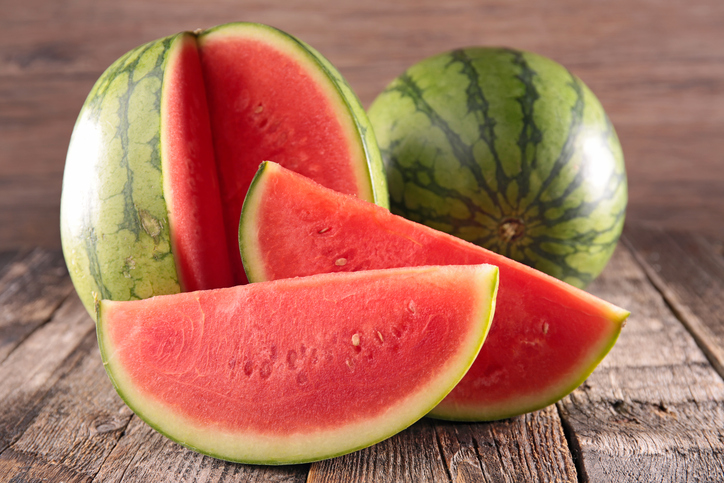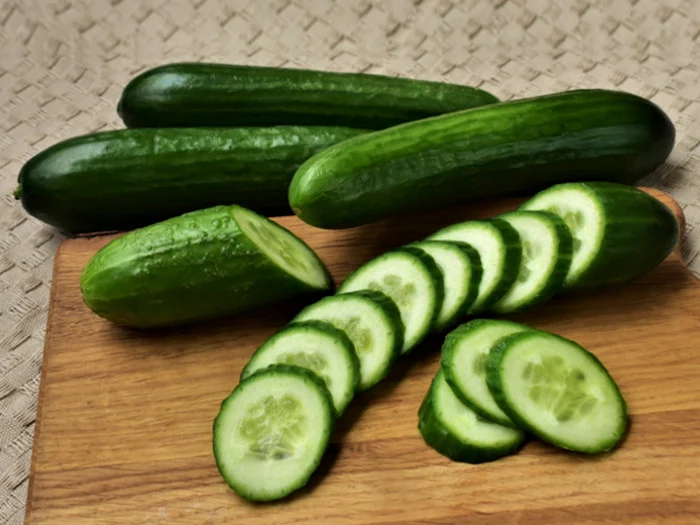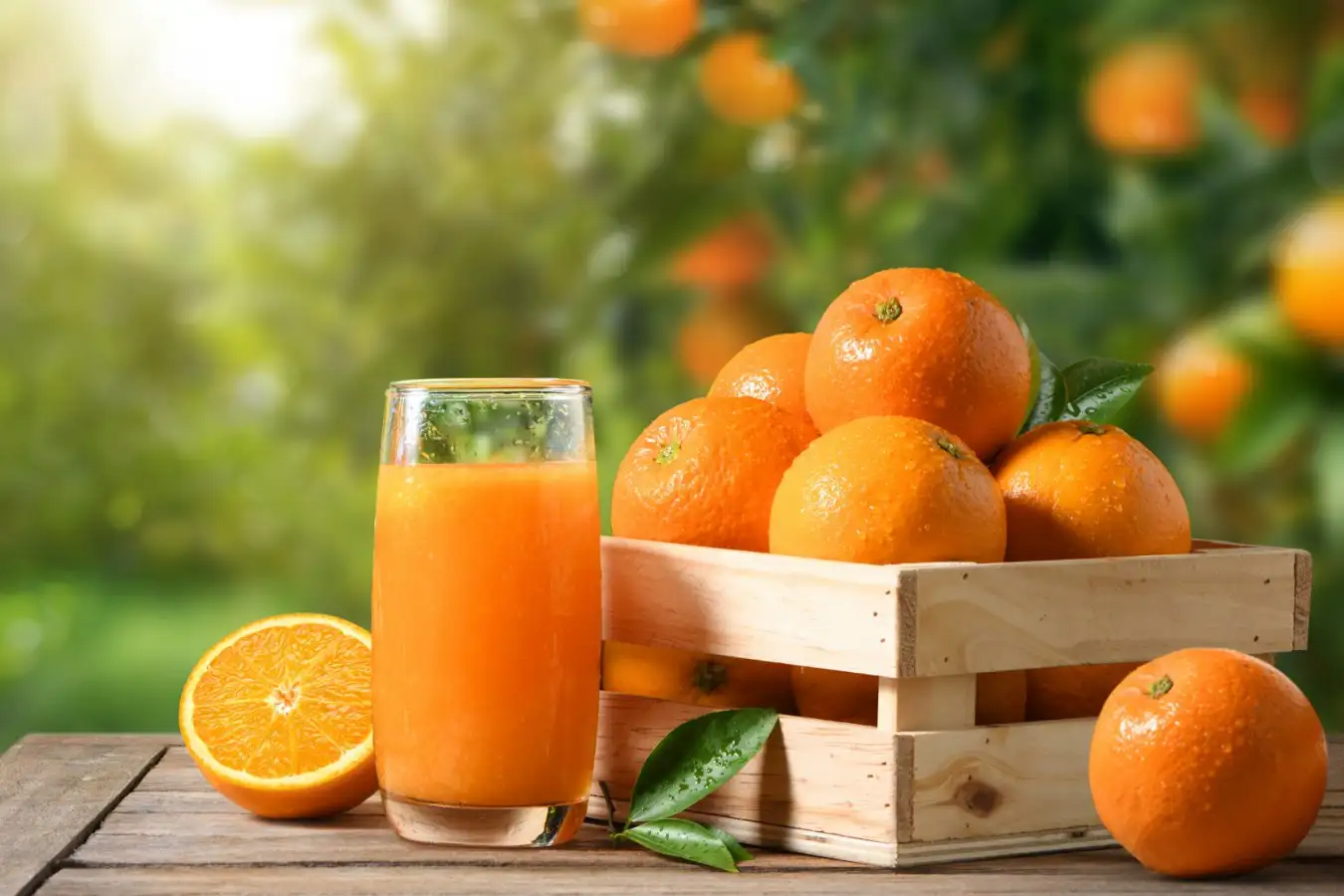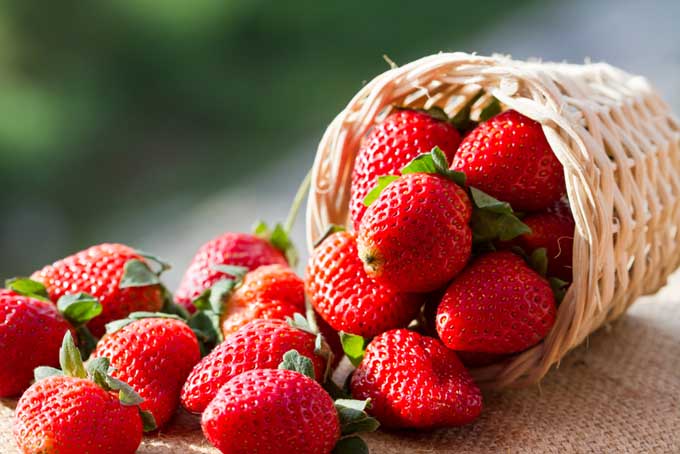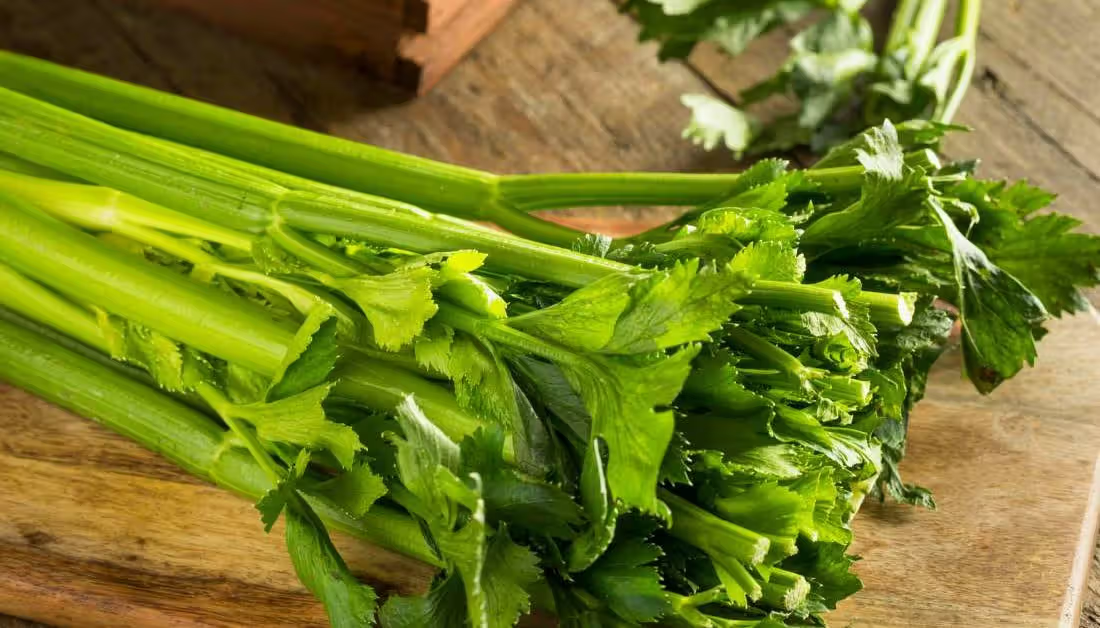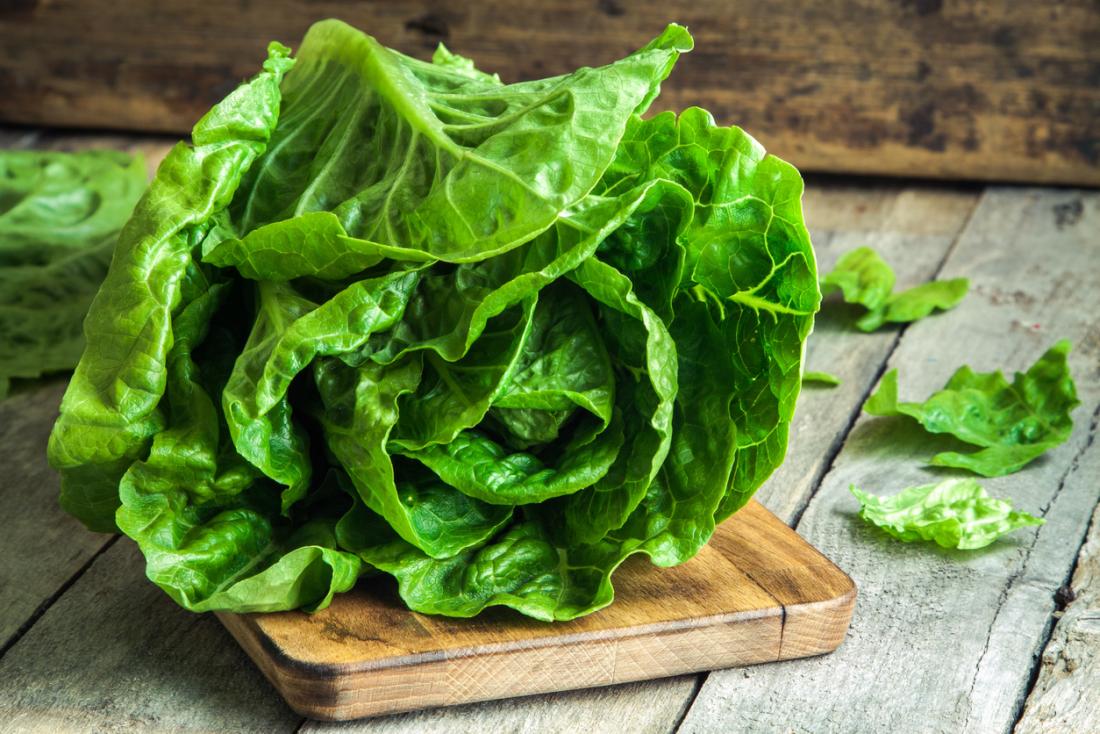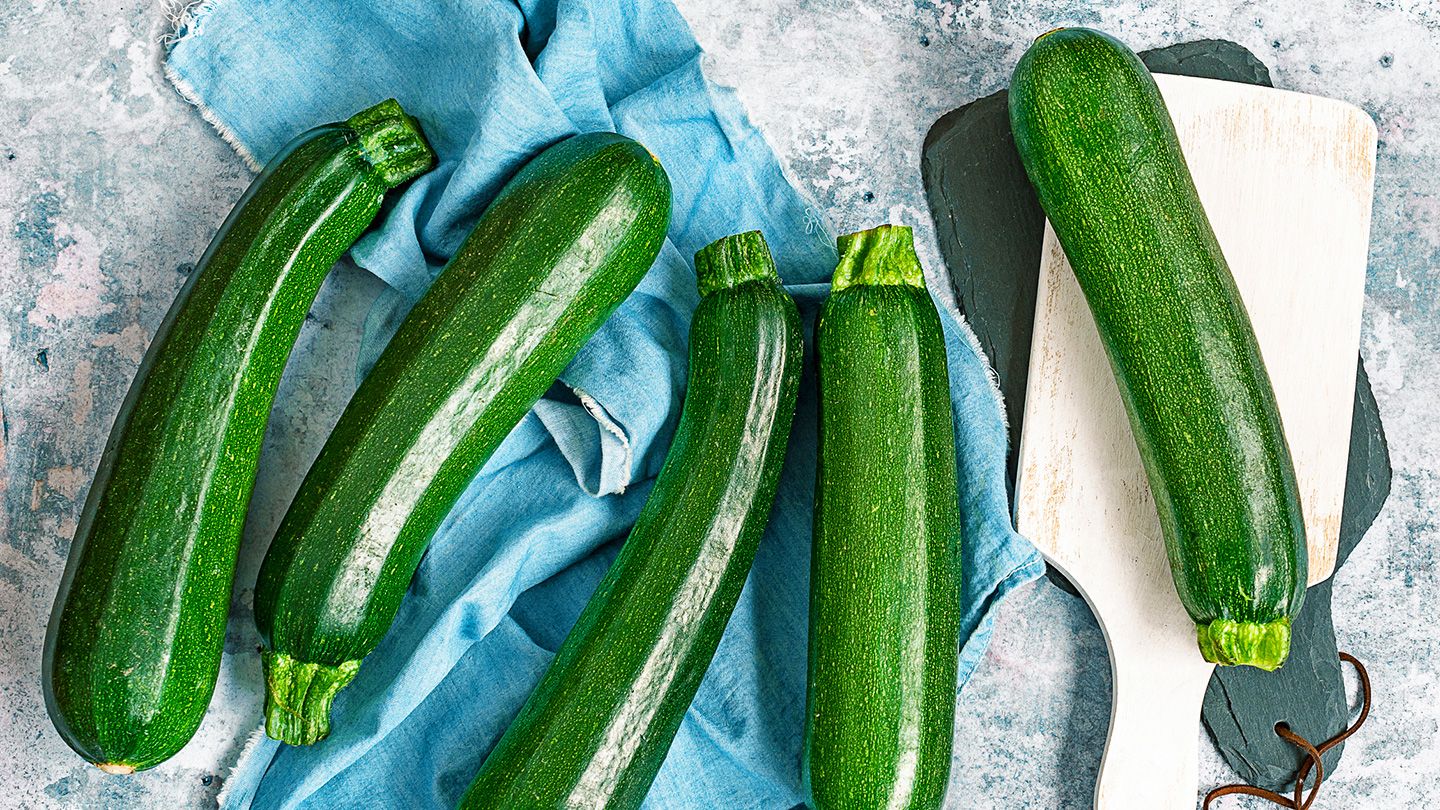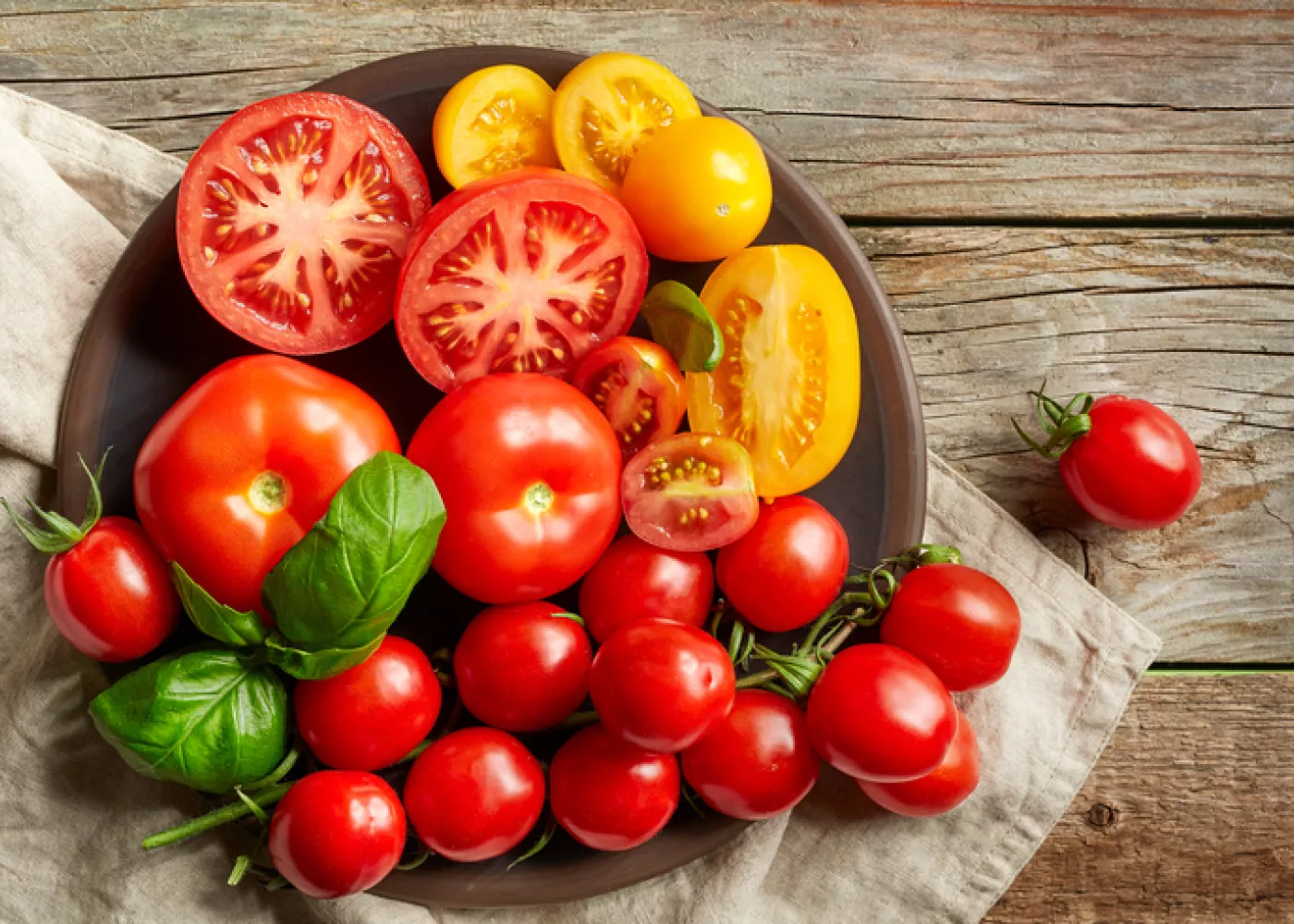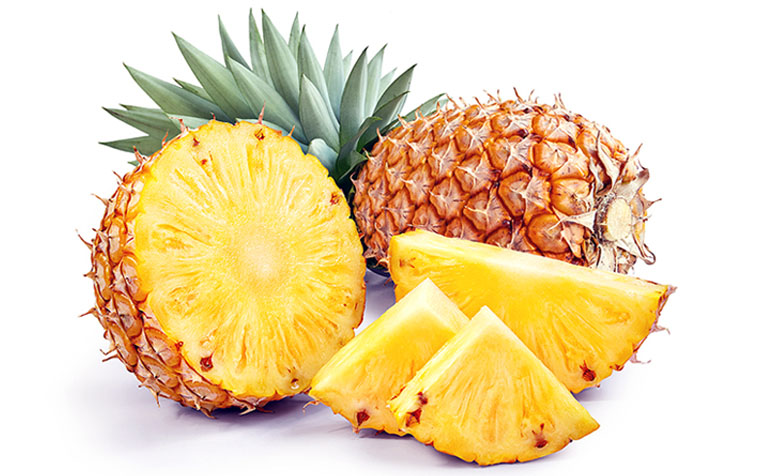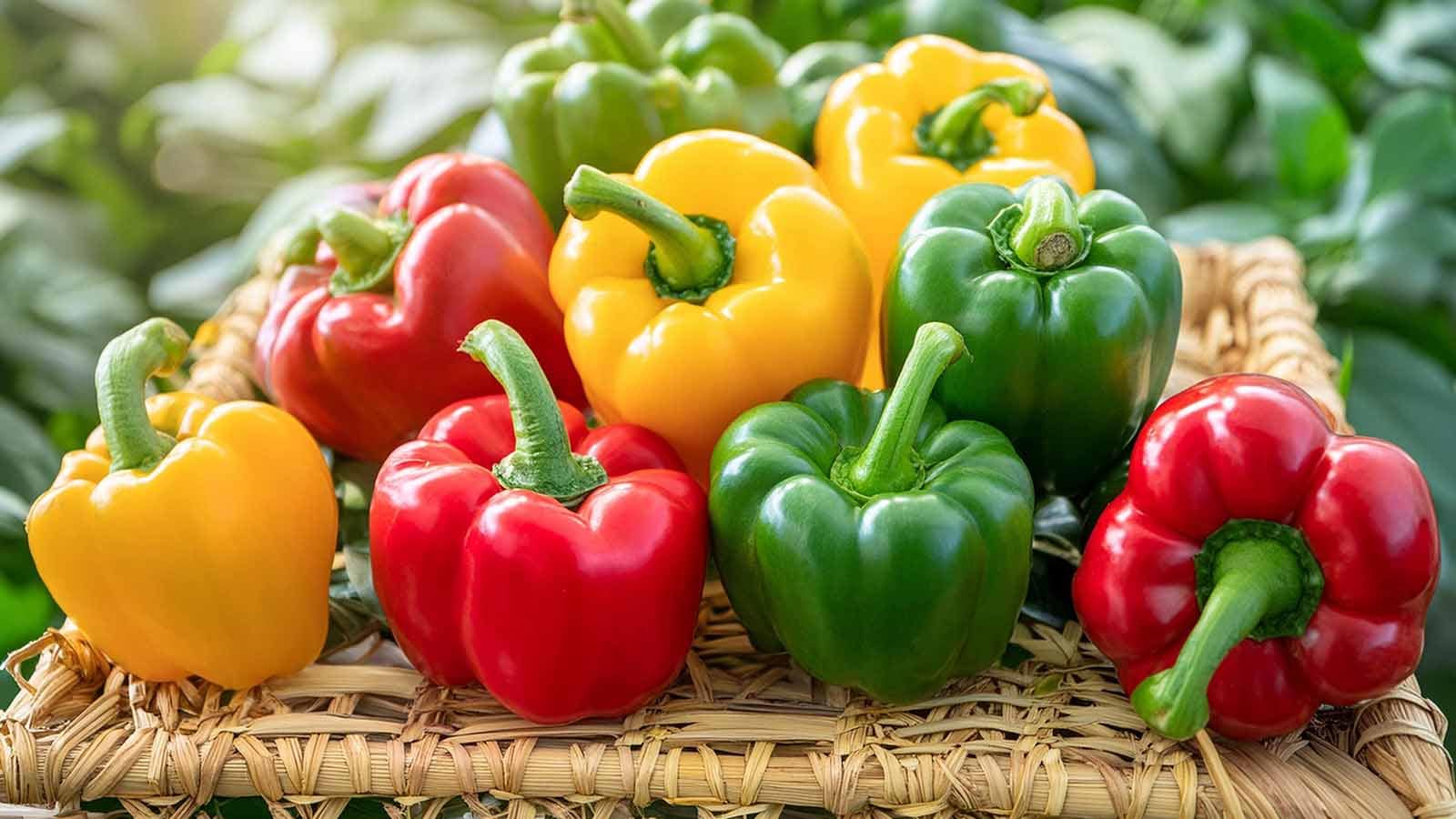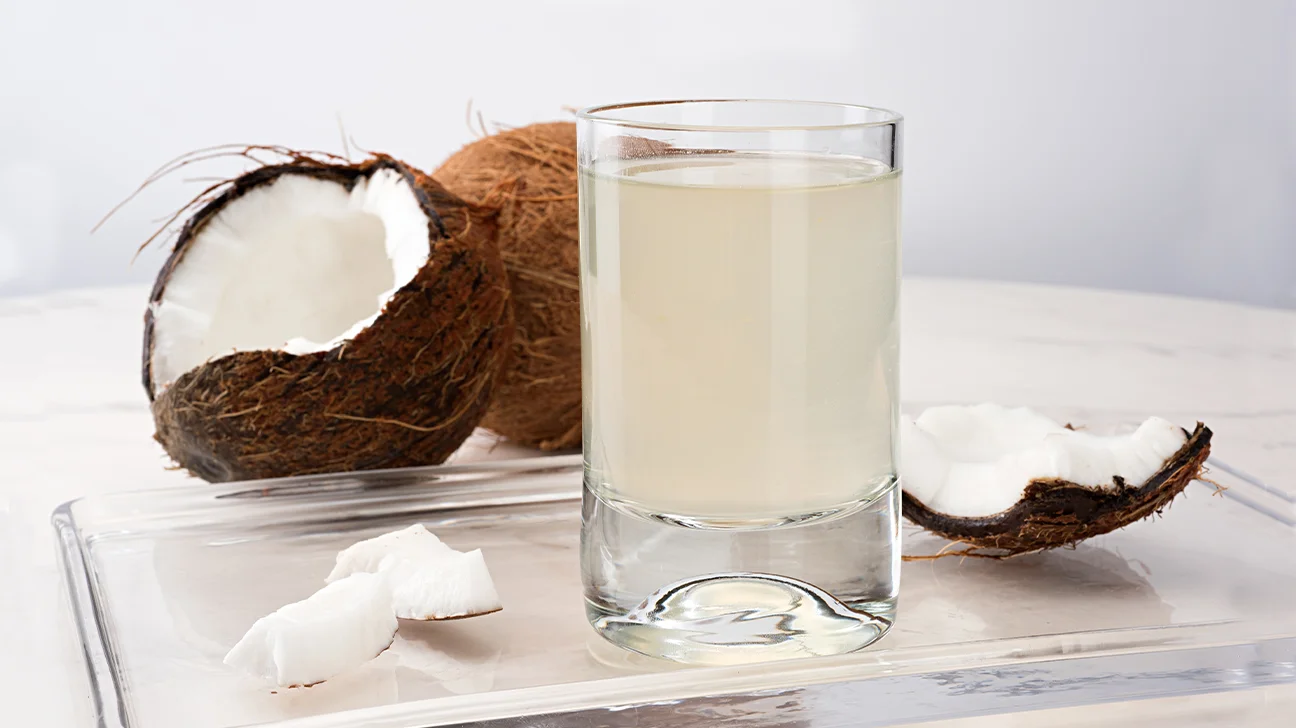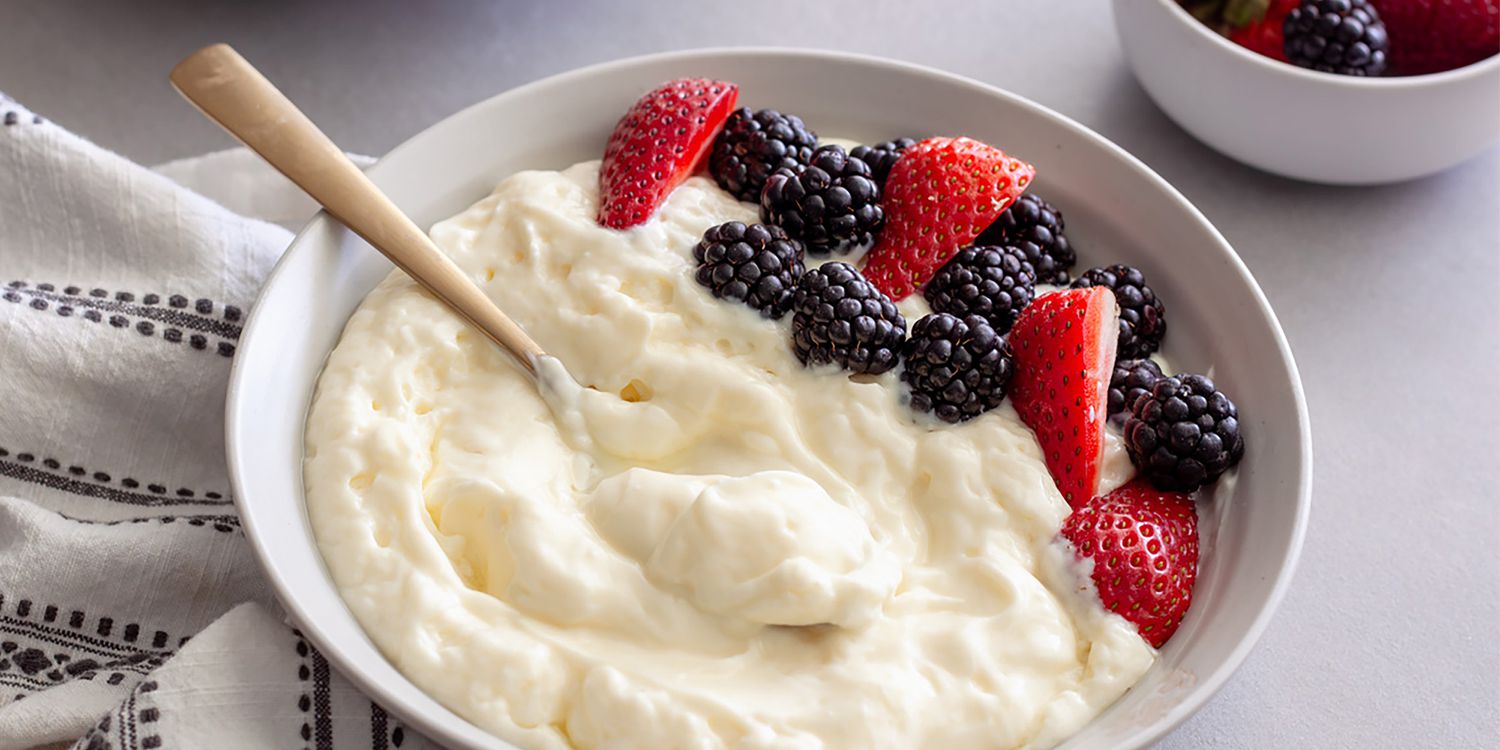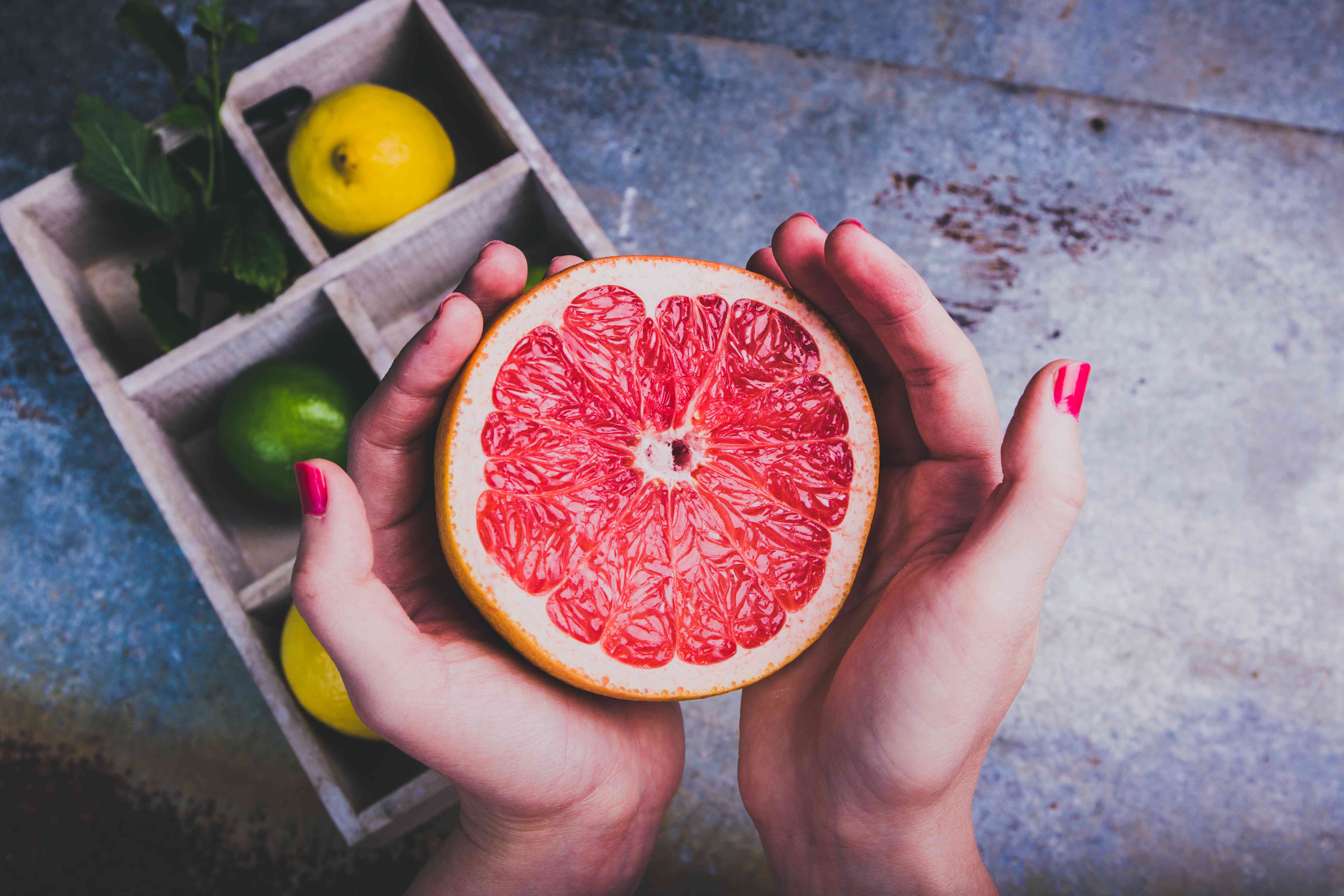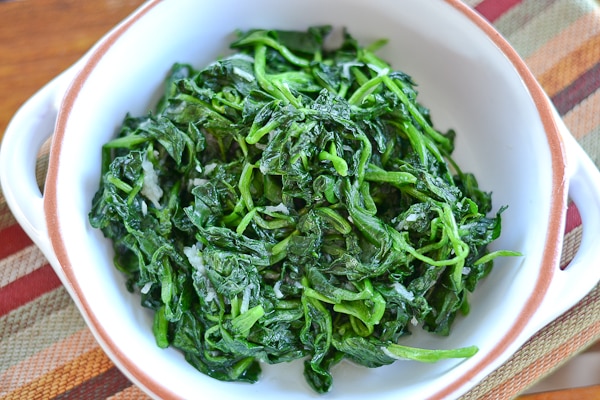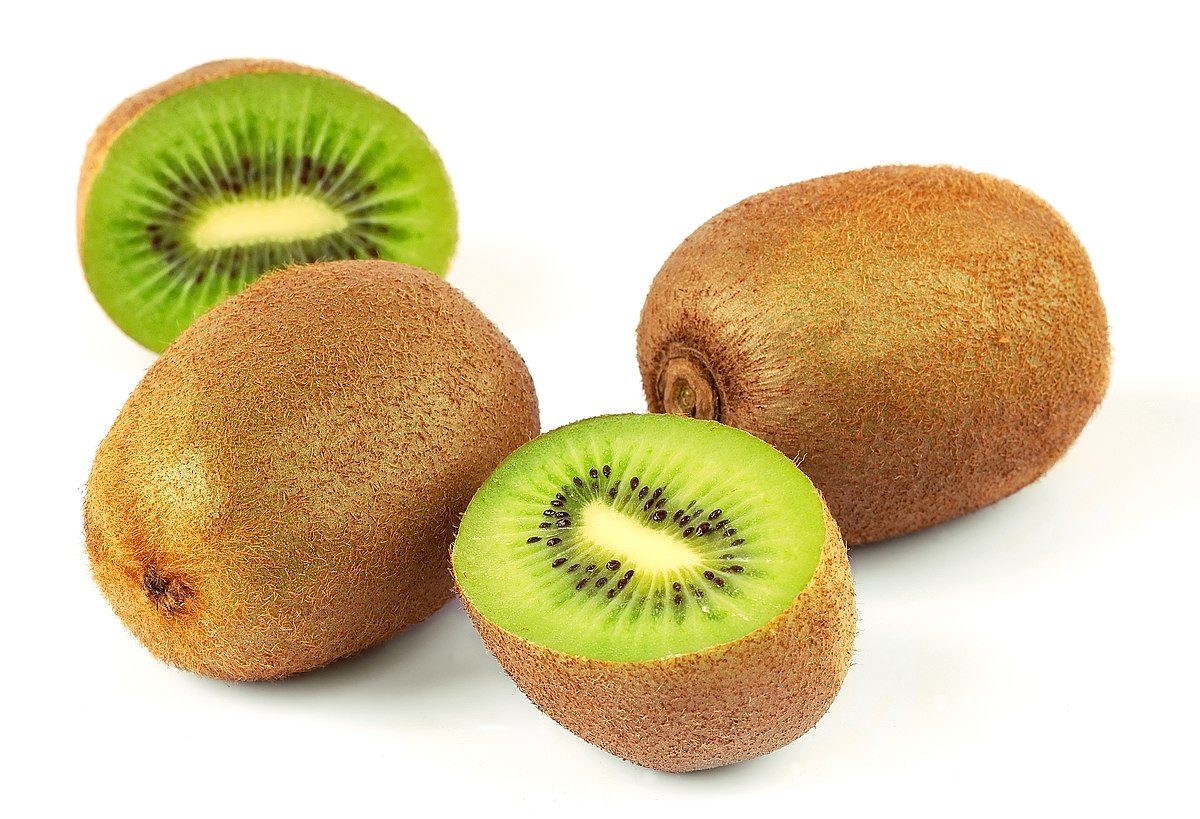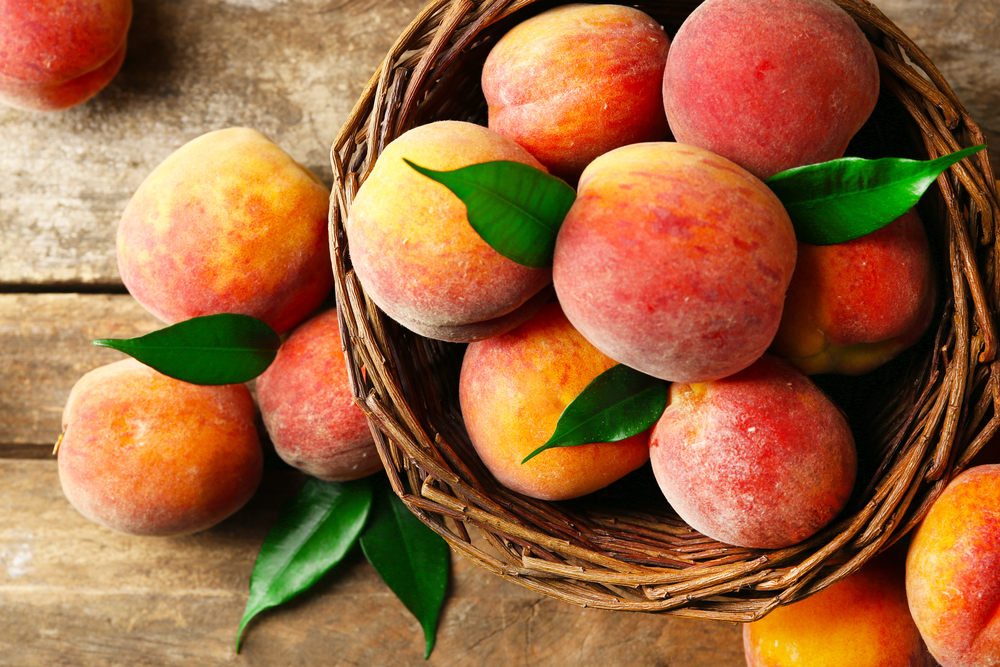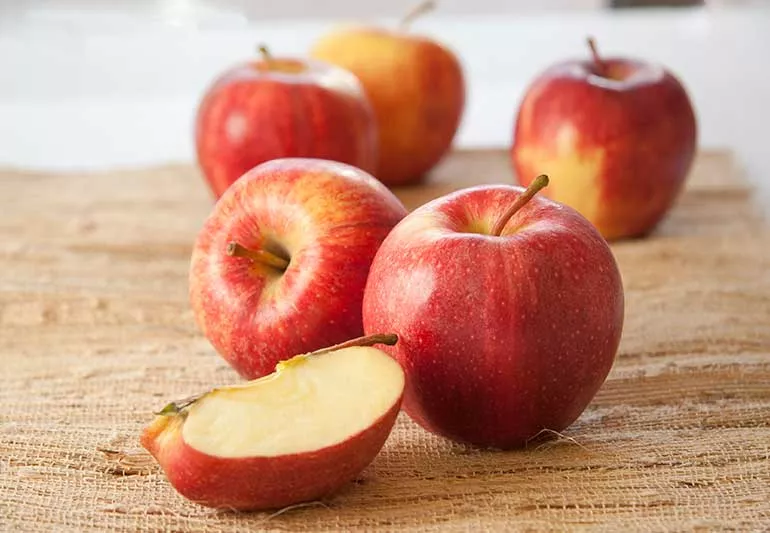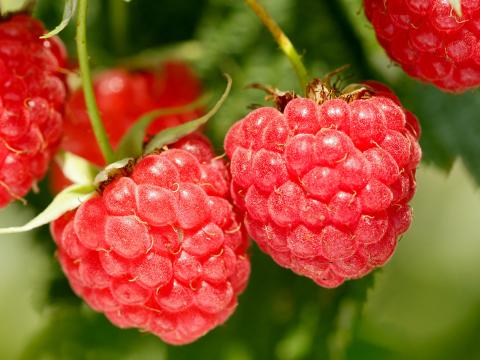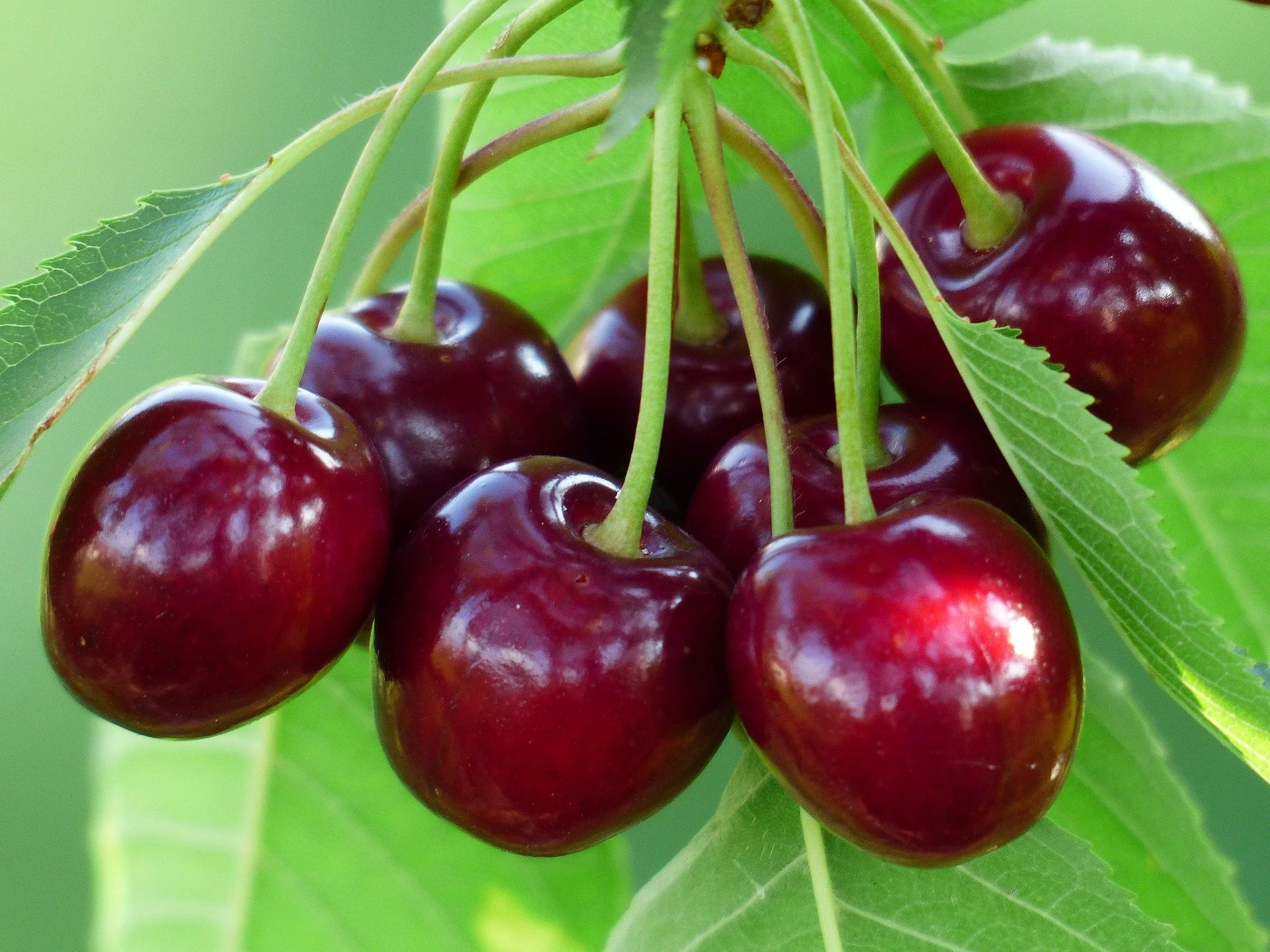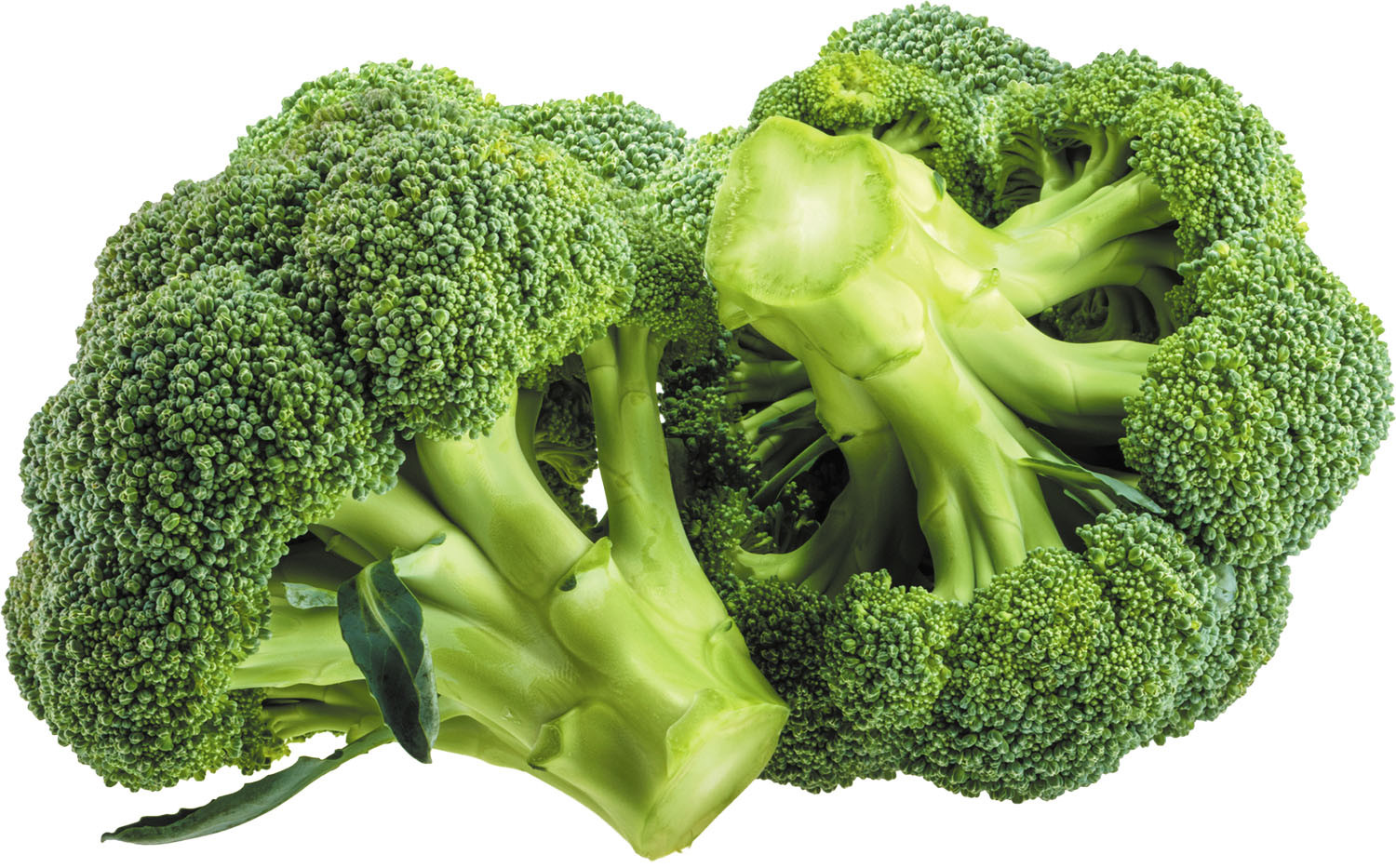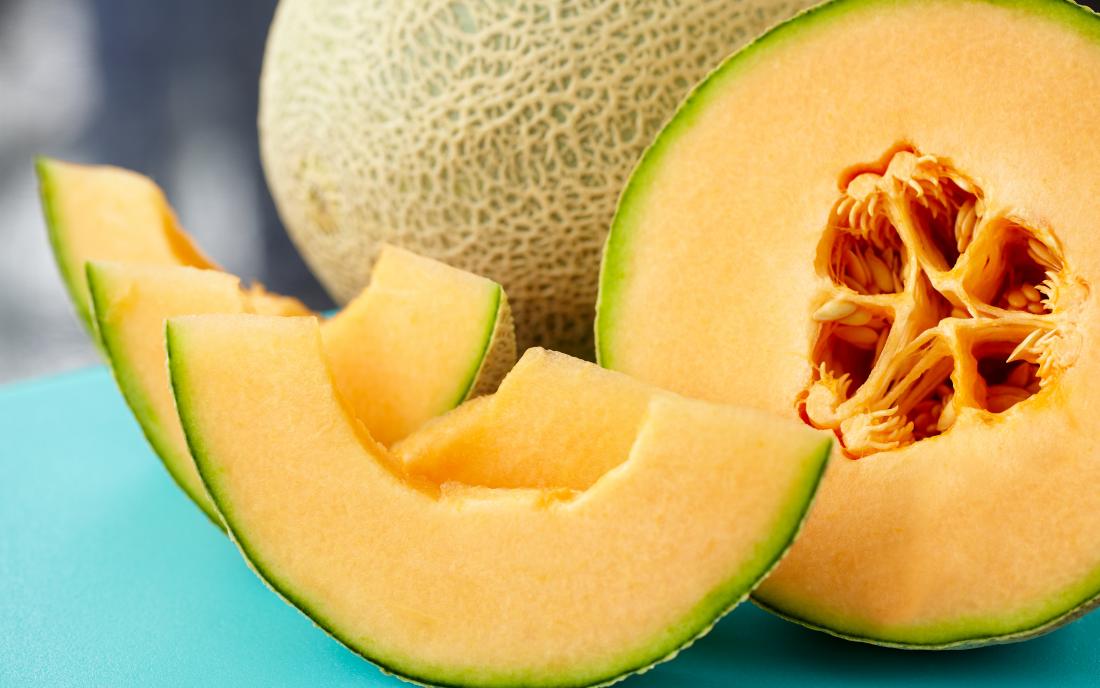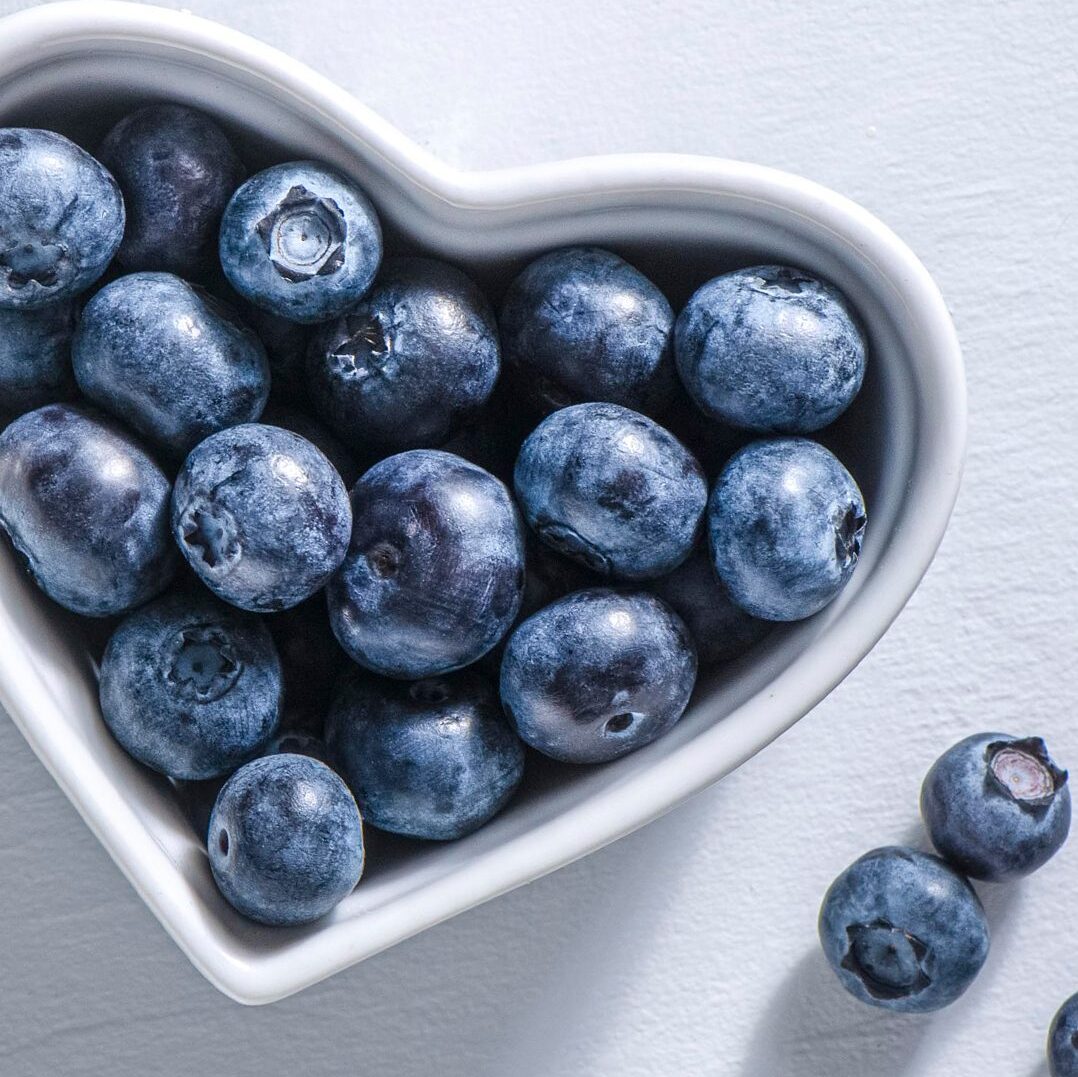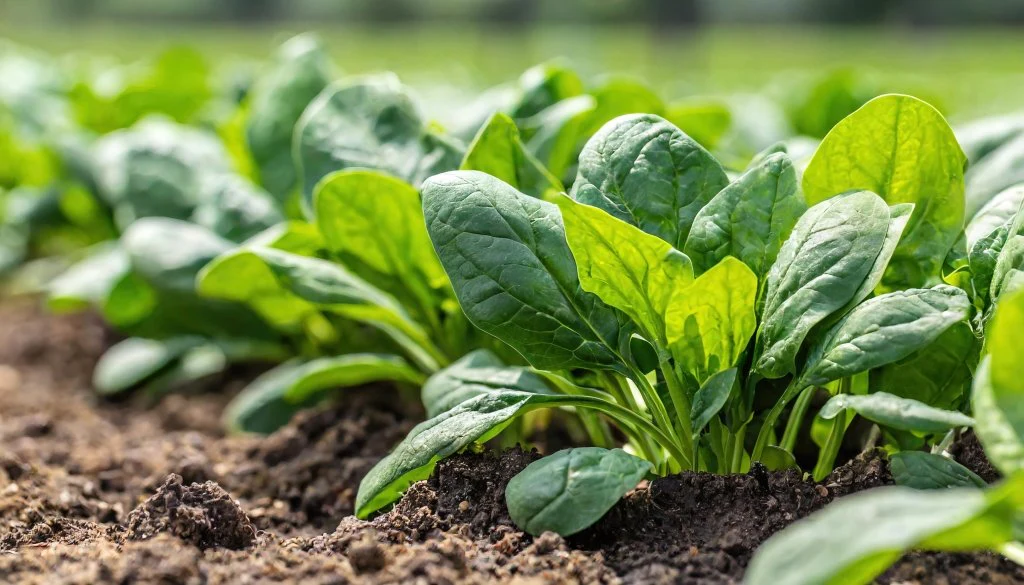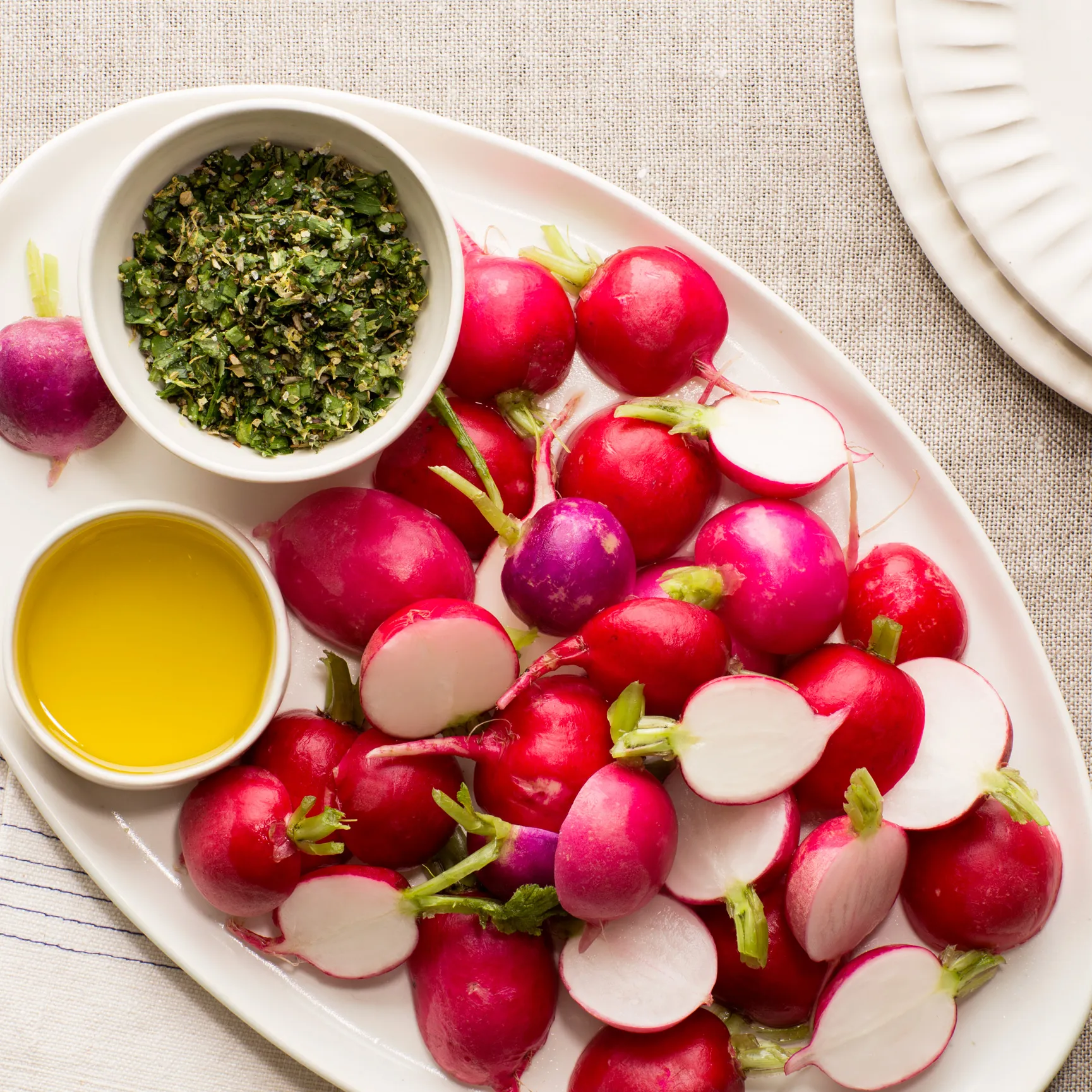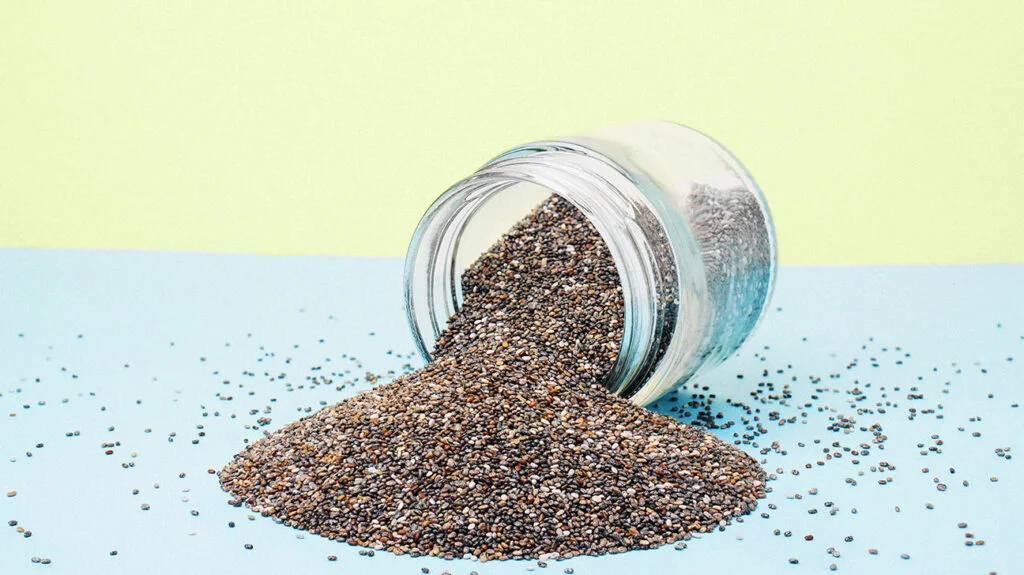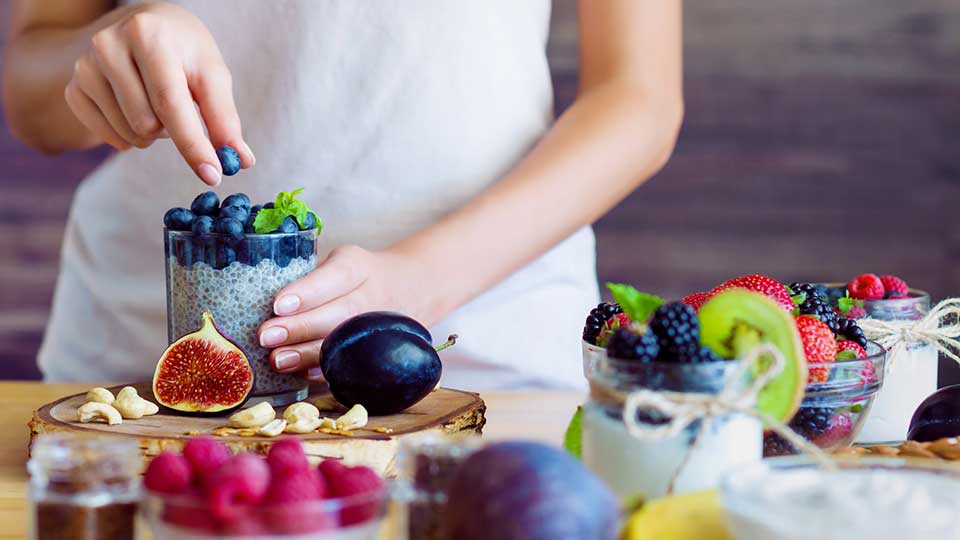
Hydration is the cornerstone of good health, yet many people underestimate its importance in daily life. While drinking water is essential, it’s not the only way to stay hydrated. Certain foods, naturally rich in water and electrolytes, can play a significant role in maintaining optimal hydration levels.
Incorporating hydrating foods into your meals isn’t just about staying hydrated; it’s also a delicious and nutritious way to support your overall health. From refreshing fruits to nutrient-packed vegetables, these foods offer a range of benefits that go beyond water content.
Why Hydration Is Essential For Health
Water is a fundamental component of the human body, making up approximately 60% of an adult's body weight. It plays a crucial role in nearly every bodily function, including regulating body temperature, aiding digestion, transporting nutrients, and eliminating waste. Staying hydrated is essential for maintaining energy levels, supporting brain function, and promoting healthy skin.
Dehydration can lead to a range of issues, from fatigue and dry skin to more severe complications like kidney stones and heatstroke. Surprisingly, hydration isn’t just about drinking enough water foods can also contribute significantly. Many fruits, vegetables, and other water-rich foods are packed with electrolytes, vitamins, and minerals, making them an excellent complement to your water intake.
What Makes A Food Hydrating?
Hydrating foods are defined by their high-water content, but there’s more to them than just water. These foods often contain essential electrolytes like potassium, magnesium, and sodium, which help regulate fluid balance in the body. Additionally, they are rich in water-soluble vitamins, such as vitamin C and B vitamins, which are crucial for energy production and immune health.
Natural sugars in fruits and vegetables also play a role by providing a quick energy boost while replenishing hydration levels. The fiber content in these foods helps retain water in the digestive system, further supporting hydration. Interestingly, the choice of hydrating foods can also reflect food symbolism, where certain fruits and vegetables symbolize refreshment, vitality, and wellness, adding a deeper connection to their consumption.
1. Watermelon - The Hydration Superstar
Watermelon is one of the most hydrating foods, with a water content of over 92%. Its juicy texture makes it incredibly refreshing, especially during hot weather. Beyond its high water content, watermelon is rich in electrolytes like potassium and magnesium, which help replenish minerals lost through sweat.
It also contains lycopene, a powerful antioxidant known to support heart health and protect against UV damage.
2. Cucumber - Crisp And Refreshing
Cucumber, with its 95% water content, is one of the most water-rich vegetables. It’s incredibly low in calories, making it an excellent choice for those seeking hydration without adding unnecessary calories.
Cucumbers are also a good source of vitamin K, which supports bone health, and antioxidants like beta-carotene, which help fight free radicals. Enjoy cucumbers sliced in salads, infused in water for added flavor, or as a snack paired with hummus or tzatziki.
3. Oranges - A Juicy Powerhouse
Oranges are not only hydrating, with about 87% water content, but they’re also packed with essential nutrients. They are a fantastic source of vitamin C, which strengthens the immune system and improves skin health.
Additionally, oranges contain natural sugars and electrolytes like potassium, making them ideal for replenishing energy and hydration after exercise. Eat them fresh, squeeze them into a juice, or toss orange segments into salads for a zesty boost.
4. Strawberries - Sweet And Nutrient-Rich
Strawberries boast a water content of 91%, making them an excellent choice for hydration. These berries are loaded with vitamin C, manganese, and antioxidants that support heart health and reduce inflammation.
Their natural sweetness and vibrant color make them perfect for topping oatmeal, blending into smoothies, or eating on their own as a hydrating snack. Strawberries also contain fiber, which helps with digestion while keeping you hydrated.
5. Celery - Low-Calorie Hydration
Celery is composed of about 95% water, making it one of the most hydrating vegetables. It’s also rich in natural electrolytes like potassium and sodium, which help maintain the body’s fluid balance.
Celery contains compounds like phthalides, which are known to support heart health by relaxing blood vessels. Enjoy celery sticks as a crunchy snack, use them in soups for added flavor, or pair them with peanut butter for a satisfying combination of hydration and energy.
6. Lettuce - A Staple For Hydration
Lettuce, particularly iceberg and romaine varieties, has a water content of up to 96%. While it’s often overlooked as a nutrient source, lettuce is a good provider of vitamins A and K, which support vision and blood clotting.
Its light, crisp texture makes it a refreshing base for salads, wraps, or even as a low-carb substitute for sandwich buns. Pair it with other hydrating vegetables like cucumbers and tomatoes to maximize hydration.
7. Zucchini - A Versatile Hydration Hero
Zucchini is about 94% water, making it a fantastic choice for staying hydrated. This summer squash is also rich in vitamin C, manganese, and antioxidants, which help reduce inflammation and support overall health.
Zucchini is highly versatile you can spiralize it into zoodles, grill it as a side dish, or bake it into savory or sweet recipes like muffins.
8. Tomatoes - Juicy And Nutrient-Dense
Tomatoes, with a water content of 94%, are a hydrating and nutrient-packed addition to any diet. They’re a rich source of vitamins A and C, which promote skin health and boost immunity.
Tomatoes also contain lycopene, an antioxidant linked to reduced risk of heart disease and certain cancers. Enjoy tomatoes fresh in salads, roasted for a burst of flavor, or blended into soups and sauces.
9. Pineapple - Tropical And Hydrating
Pineapple has an 86% water content and is a tropical fruit packed with benefits. It contains bromelain, an enzyme that aids digestion and reduces inflammation. Pineapple is also a great source of vitamin C, which strengthens the immune system.
Its natural sweetness and tangy flavor make it a refreshing snack, and it’s a delicious addition to smoothies, fruit salads, or even savory dishes like grilled skewers. Known for its unique balance of sweet and tangy, pineapple is often compared to the sweetest fruit in the world, making it a favorite for those who love naturally sugary yet nutritious options.
10. Bell Peppers - Crunchy And Vibrant
Bell peppers, especially red, yellow, and orange varieties, are about 92% water and loaded with nutrients. They are one of the best sources of vitamin C, containing more than oranges per serving, which supports immune health and collagen production.
Their crunchy texture and mild sweetness make them an excellent snack, or you can add them to salads, stir-fries, and fajitas for added hydration and flavor.
11. Coconut Water - Nature’s Sports Drink
Coconut water is a natural electrolyte-rich beverage that’s perfect for hydration. It’s low in calories and contains potassium, magnesium, and sodium, making it ideal for replenishing lost fluids after exercise.
Coconut water is also great for balancing pH levels and aiding digestion. Drink it on its own, mix it into smoothies, or use it as a base for refreshing tropical drinks.
12. Yogurt - Creamy And Hydrating
Yogurt is a sneaky but effective hydrating food due to its significant water content. It’s also rich in protein and probiotics, which support gut health and digestion. Greek yogurt is particularly protein-packed and pairs well with hydrating fruits like strawberries or kiwi for a nutritious snack or breakfast.
For those seeking plant-based alternatives, learning how to make dairy-free yogurtcan be a game-changer, offering the same creamy texture and health benefits using ingredients like almond, coconut, or cashew milk.
13. Grapefruit - Tangy And Hydrating
Grapefruit is 88% water and offers a tangy burst of flavor along with vitamin C and antioxidants. It also contains natural enzymes that aid in fat metabolism, making it a popular choice for those seeking hydration with added health benefits.
Grapefruit can be eaten fresh, added to salads, or juiced for a refreshing drink.
14. Watercress - A Nutrient-Dense Green
Watercress is one of the most hydrating leafy greens, with 95% water content. It’s also a nutrient powerhouse, providing vitamins A, C, and K, as well as calcium and iron. Its slightly peppery flavor makes it an excellent addition to salads, sandwiches, or soups.
15. Kiwi - Small But Mighty
Kiwi is about 83% water and rich in vitamin C, potassium, and fiber. Its tangy-sweet flavor and hydrating properties make it a delightful addition to fruit salads, smoothies, or as a topping for yogurt and oatmeal.
16. Peaches - Summer’s Sweet Hydration
Peaches are a delicious and hydrating fruit with about 89% water content. Known for their juicy sweetness, they’re a perfect summer treat that offers more than just great taste.
Peaches are rich in vitamins A and C, which support skin health and boost the immune system. They also contain potassium, which helps regulate fluid balance and muscle function. Additionally, the natural sugars in peaches provide a quick energy boost, while their fiber content aids digestion.
17. Apples - Classic Hydration With Nutritional Benefits
Apples, with an 86% water content, are a portable and hydrating snack that’s as convenient as it is nutritious. Packed with dietary fiber, particularly in the skin, apples support healthy digestion and promote a feeling of fullness.
They’re also a rich source of vitamin C, an antioxidant that boosts immunity and supports skin health. Apples contain natural plant compounds like polyphenols, which are linked to reduced inflammation and improved heart health.
18. Raspberries - Tiny But Mighty Hydrators
Raspberries are small but pack a powerful hydration punch, with about 87% water content. These vibrant berries are rich in antioxidants like quercetin and ellagic acid, which help fight inflammation and oxidative stress.
Raspberries are also high in dietary fiber, supporting digestive health and regulating blood sugar levels. Additionally, they’re a good source of vitamin C and manganese, promoting healthy skin and bones.
19. Cherries - Sweet Hydration With Antioxidant Power
Cherries contain about 82% water, making them an excellent choice for hydration. These sweet fruits are rich in antioxidants, particularly anthocyanins, which are known for their anti-inflammatory properties.
Cherries also contain melatonin, a natural hormone that helps regulate sleep, making them a great bedtime snack. They’re a good source of vitamin C, potassium, and fiber, supporting immune health, heart health, and digestion.
20. Broccoli - Nutrient-Dense And Water-Rich
Broccoli is a cruciferous vegetable that’s about 90% water, making it a hydrating and nutrient-packed choice. Rich in fiber, it supports digestive health while promoting feelings of fullness.
Broccoli is a powerhouse of vitamins and minerals, including vitamins C and K, which support immune function and bone health. It also contains antioxidants like sulforaphane, which have been linked to reduced inflammation and a lower risk of certain cancers.
21. Cantaloupe - Sweet And Refreshing
Cantaloupe is a tropical fruit with about 90% water content, making it one of the most hydrating foods. It’s a rich source of vitamins A and C, which support vision, skin health, and immune function. Cantaloupe also contains potassium; an electrolyte that helps maintain proper hydration and muscle function.
The natural sweetness of cantaloupe makes it an ideal snack, especially in summer. Enjoy it fresh, add it to fruit salads, blend it into smoothies, or pair it with savory items like prosciutto for a delicious contrast of flavors.
22. Blueberries - Antioxidant-Rich Hydration
Blueberries are about 85% water and packed with powerful antioxidants, including anthocyanins, which give them their vibrant blue color. These antioxidants are known to support brain health and reduce inflammation.
Blueberries are also rich in vitamin C, vitamin K, and manganese, which promote healthy skin, bones, and metabolism. Their natural sweetness and tangy flavor make them a versatile addition to smoothies, yogurt, oatmeal, or baked goods.
23. Spinach - Leafy Green Hydration
Spinach is a leafy green with a high-water content of about 91%, making it an excellent choice for hydration. It’s packed with iron, magnesium, and vitamins A and C, which support energy production, immune health, and skin regeneration.
Spinach also contains antioxidants like lutein and zeaxanthin, which promote eye health. Its mild flavor makes it a versatile addition to many dishes use it as a base for salads, blend it into smoothies, or sauté it as a side dish.
24. Radishes - Crisp And Cooling
Radishes are 95% water, making them one of the most hydrating vegetables available. Their crisp texture and slightly spicy flavor add a refreshing crunch to salads, sandwiches, or veggie platters.
Radishes are low in calories but rich in antioxidants, vitamin C, and potassium, which support immune health and hydration. They also contain compounds called glucosinolates, which have been linked to detoxification and reduced inflammation.
25. Chia Seeds (Soaked) - Hydration From Within
Chia seeds are unique in their ability to absorb up to 12 times their weight in water, creating a hydrating gel-like consistency when soaked. This gel helps retain water in the digestive system, promoting sustained hydration.
Chia seeds are also rich in omega-3 fatty acids, fiber, and protein, supporting heart health and digestion. Soaked chia seeds can be added to smoothies, yogurt, or overnight oats, or used to make chia pudding for a nutritious and hydrating treat.
Practical Tips For Incorporating Hydrating Foods Daily
- Make Hydration Fun: Create colorful salads or smoothie bowlspacked with water-rich fruits and vegetables.
- Snack Smart: Keep cut fruits and vegetables like cucumbers, watermelon, and bell peppers on hand for easy, hydrating snacks.
- Blend It Up: Incorporate hydrating foods into smoothies using coconut water, yogurt, and fresh fruits for a hydration-packed drink.
- Cook Hydrating Meals: Add soups, broths, and stews to your weekly meal plan, especially during colder months.
- Stay Seasonal: Focus on hydrating foods that are in season, such as melons in summer and citrus fruits in winter, for optimal freshness and flavor.
FAQs
Can Foods Replace Drinking Water For Hydration?
While foods contribute to hydration, they can’t completely replace water. Eating hydrating foods complements water intake, but it’s important to drink plenty of fluids daily.
What Are The Most Hydrating Fruits And Vegetables?
Top hydrating options include watermelon, cucumber, oranges, strawberries, and celery, all of which have high water content and essential electrolytes.
How Can I Tell If I’m Dehydrated?
Common signs of dehydration include dry skin, fatigue, dark-colored urine, and dizziness. Incorporating hydrating foods and drinking water can help alleviate these symptoms.
Are Soups And Broths Effective For Hydration?
Yes, soups and broths are excellent for hydration because they combine water with nutrients from vegetables and proteins, making them both nourishing and hydrating.
What’s The Best Way To Stay Hydrated Throughout The Day?
The best approach is to combine regular water intake with hydrating foods, such as fruits, vegetables, and soups. Avoid excessive caffeine and alcohol, which can dehydrate you.
Final Thoughts
Staying hydrated doesn’t have to mean drinking endless glasses of water. Incorporating hydrating foods into your diet is a simple and enjoyable way to support your body’s hydration needs.
Make hydrating foods a regular part of your meals and snacks to keep your body energized, your skin glowing, and your health in peak condition. Small changes can make a big difference; start today.
